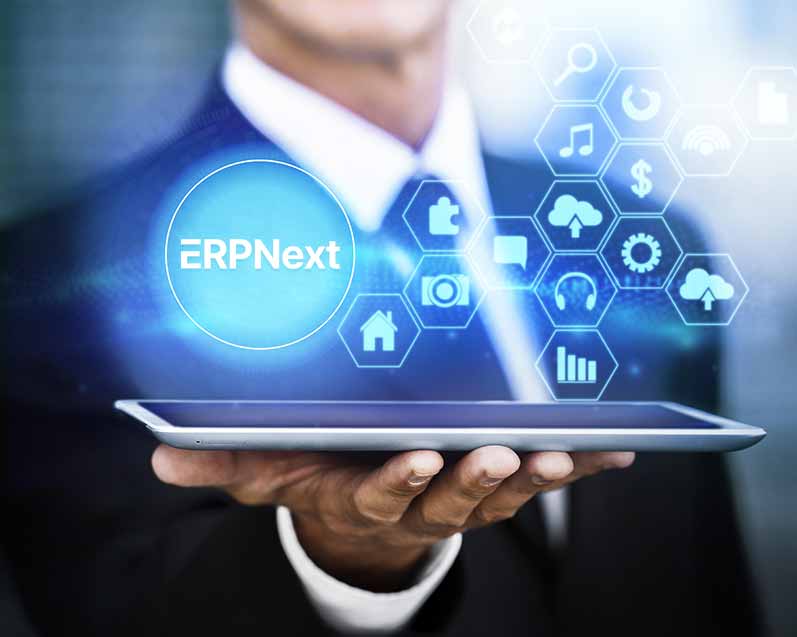Enterprise Services
Enterprise Services
organizations, including corporations and government agencies. These services are typically designed to improve efficiency, reduce costs, and enhance collaboration across departments and business units. Some common examples of enterprise services include:
Enterprise resource planning (ERP):
This is a software system that integrates various business functions such as finance, human resources, supply chain management, and customer relationship management into a single, unified system.

Customer relationship management (CRM):
This involves the use of technology to manage customer interactions and relationships, including sales, marketing, and customer service.
Supply chain management (SCM):
This involves the management of the flow of goods and services from suppliers to customers, including sourcing, procurement, and logistics.
Business intelligence (BI):
This involves the use of data analysis tools and techniques to provide insights into business performance, identify trends, and support decision-making.
Collaboration and communication tools:
These services include email, instant messaging, video conferencing, and other tools that enable employees to communicate and collaborate with each other more effectively.
Overall, enterprise services are critical for the smooth and efficient operation of large organizations. They help organizations to streamline their operations, reduce costs, and improve collaboration, resulting in improved productivity and better business outcomes.
